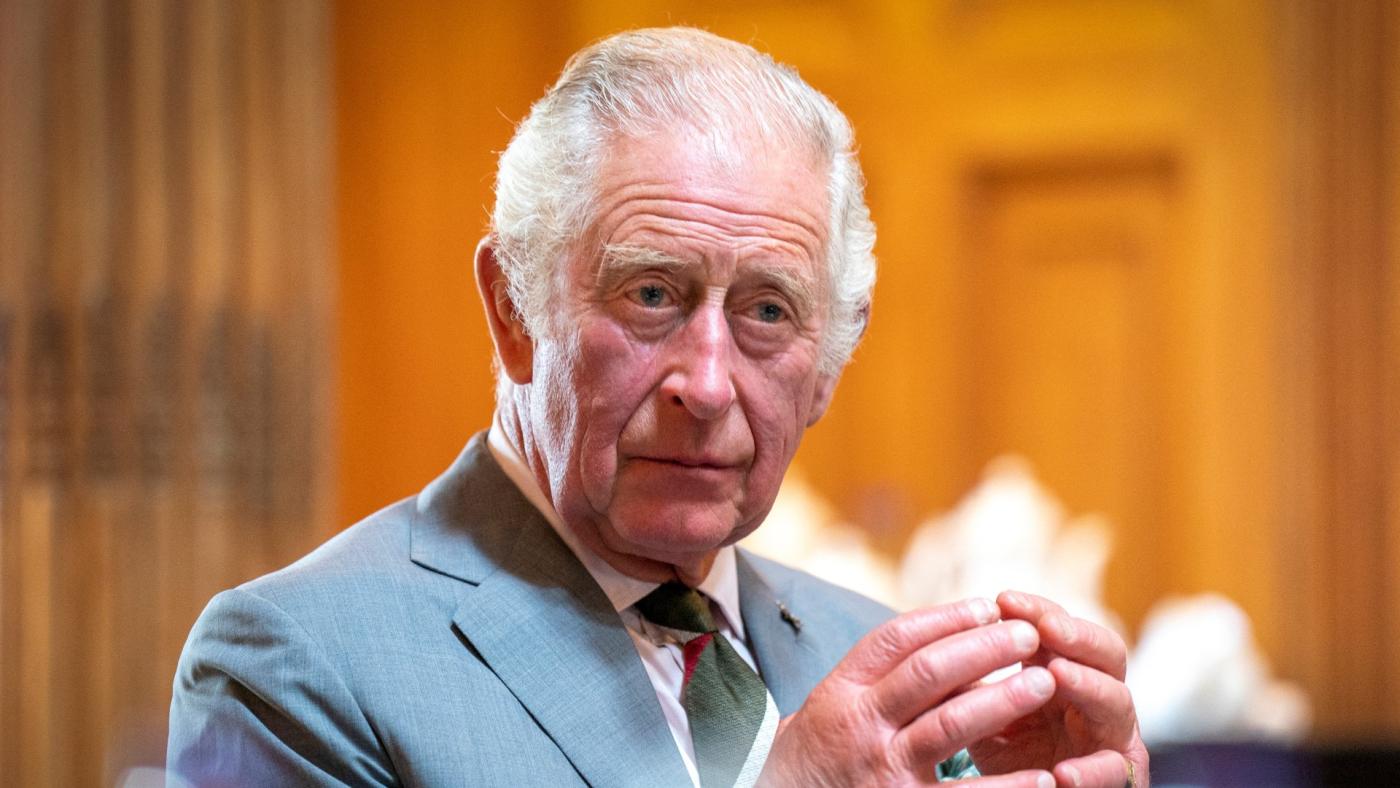When Adam Deen agreed to join the Quilliam Foundation in November 2015 it caused a stir among politically engaged British Muslims. By becoming Quilliam’s head of outreach, Deen is now a key member of staff at the world’s first self-styled counter-extremism think tank. And in the same vein as Quilliam’s founder Maajid Nawaz, Deen’s personal journey as a Muslim is seen as one of extremist activist turned counter-extremist campaigner.
Deen joined al-Muhajiroun while studying at Westminster University in 1995 and would stand on street corners denouncing non-Muslims to hell and accusing fellow Muslims of being sell-outs. He supported the group’s call to establish a global Islamic state but he left al-Muhajiroun in 2003 – two years before the group was banned for links to violence – after a former member encouraged him to seek out a different understanding of Islam.
Nearly a decade later in 2012, he established the Deen Institute, a Muslim debating forum named after the Arabic word for religion, which aimed to promote critical thinking among British Muslims that would reflect his own journey away from extremism.
In joining Quilliam Deen has moved on to work at an organisation which has sought to place itself at the forefront of the debate around Islamic extremism since its founding in 2008, during which time it has often courted criticism for its perceived closeness to British government counter-terrorism policy.
Deen, who is from London and has Turkish parents, joined Quilliam after months of negotiations with its leadership, and despite holding reservations about the organisation’s past actions, he concluded that it has an “honourable premise” which is to challenge ideas he believes have hijacked Islam.
Nearly six months on from joining Quilliam, Deen sat down with Middle East Eye at a coffee shop in Russell Square, to discuss his opinions on problems impacting British Muslims and to outline his vision for a reformed understanding of Islam. Throughout the 90 minute discussion Deen passionately warned of grave problems facing British Muslims, most of which are rooted in what he views as a puritanical understanding of Islam. He believes the religion has become “divorced from ethics” and while he is proud of being a Muslim he feels disconnected from his community.
“Confucius said he loves humanity but hates people. If I could borrow from his sentiments I love Islam, but I have a big problem with Muslims,” he said. “Most Muslims are good people, most Muslims are helping their neighbour. I’m talking about those voices – the self-proclaimed vanguards of our faith – as being the ones with a problem.”
Deen’s strident belief that ideology is the root cause of extremism led him back to an argument about what he views as a problem within Islamic theology and its relationship with ethics.
“There’s a major crisis in our theology that supports the view that our ethics are only derived from the Quran and Hadith. That’s a major problem because what that means is Muslims in society operate outside of the ethical sphere.”






